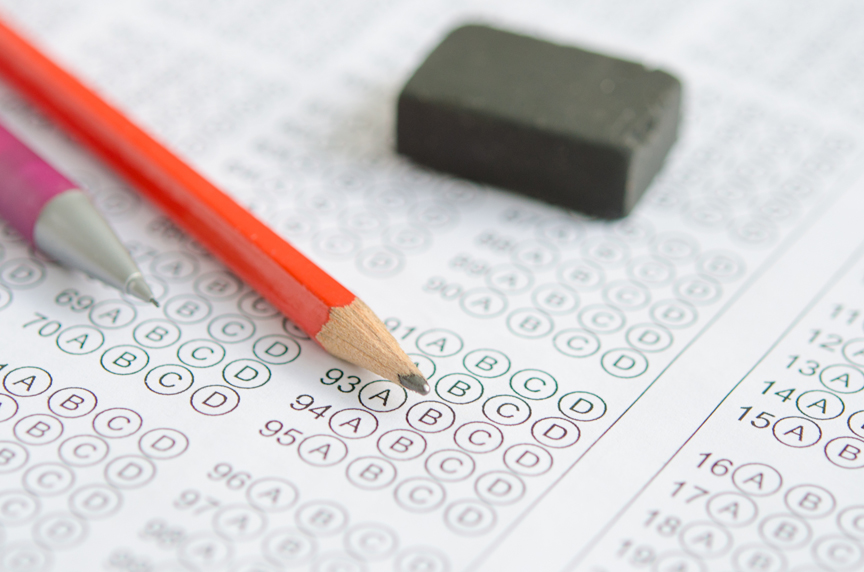- Behavior
- Education
- Parenting
Facing third grade? How to help with that challenging year

Don’t be surprised by the biggest change in elementary school: third grade.
That's when children may feel anxiety from the academic pressure of testing, say Deborah Newell, program director of Positive Parenting Program, known as Triple P, at Community Partners of South Florida, and Terri Mortensen, a clinical psychologist working in South Florida. “There is a huge leap in academic standards," Newell says. "The need for reading comprehension goes up, and in math, there is a huge increase in abstract thinking,” she says. “And the writing requirements become larger.”
As if that weren’t enough, your child may change emotionally and socially too, Newell says.
“They are starting to exhibit young adult socialization,” Newell says. “They are not quite as close to their parents. They are more concerned with what their peers are thinking. This can be unnerving. Parents say, ‘What happened to my cute little second-grader?’ ”
Your best skills during this time: Watch your children, talk to them, act quickly when they change and support their independence. These skills, with a few adjustments for age, should serve you well until graduation, Newell says.
It takes patience and persistence to pry information from a child, Mortensen says. Ask your child specific questions on the ride home or while preparing meals. “You might ask, ‘Who did you sit with at lunch? Or, did anything funny happen today?’ ” she says. You also can ask about your child’s favorite activities, such as arts or music, rather than just academics.
It’s hard not to judge your child, so you must hear them out when they feel like talking, even if you don’t like what you hear. “They will come to you if they don’t feel they’re going to be judged or punished,” Mortensen says.
SOURCES:
• Terri Mortensen, a clinical psychologist in South Florida and former Child and Family program manager, Faulk Center for Counseling
• Deborah Newell, Triple P program director, Community Partners of South Florida
You May Also Like
-
- Behavior
- Education
- Health
Is your 8- to 11-year-old sleeping enough? And how does it help?
Nine to 12 hours a day are recommended for children ages 8 to 11. Read on for more expert sleep advice. …
Read More -
- Health
- Parenting
- Safety
Tell kids to use their heads — wear a helmet
Bicycle helmets can reduce the chances of head injury by 85 percent and severe brain injury by 88 percent. See more expert tips here to prevent a bike accident. …
Read More
Related resources
-
- Behavior
- Education
- Health
School District of Palm Beach County
School Counseling — fosters academic achievement, college and career readiness, and social/emotional development
561-434-8233 Website -
- Other
211 Palm Beach Treasure Coast
A helpline providing information, assessment, referral, telephone counseling, crisis intervention and suicide prevention, as well as online chats from 10 a.m. to 8 p.m. daily
2-1-1 Website Email -
- Behavior
- Health
- Parenting
Boys Town South Florida
Based in West Palm Beach, support, services and information for at-risk children and their families in South Florida
561-612-6000 Website -
- Behavior
- Health
- Parenting
Children's Behavioral Health Collaborative - Palm Beach County
A collaboration of five local mental health agencies that assess and treat children's serious behavioral, emotional or mental health problems
561-244-9499 Website
